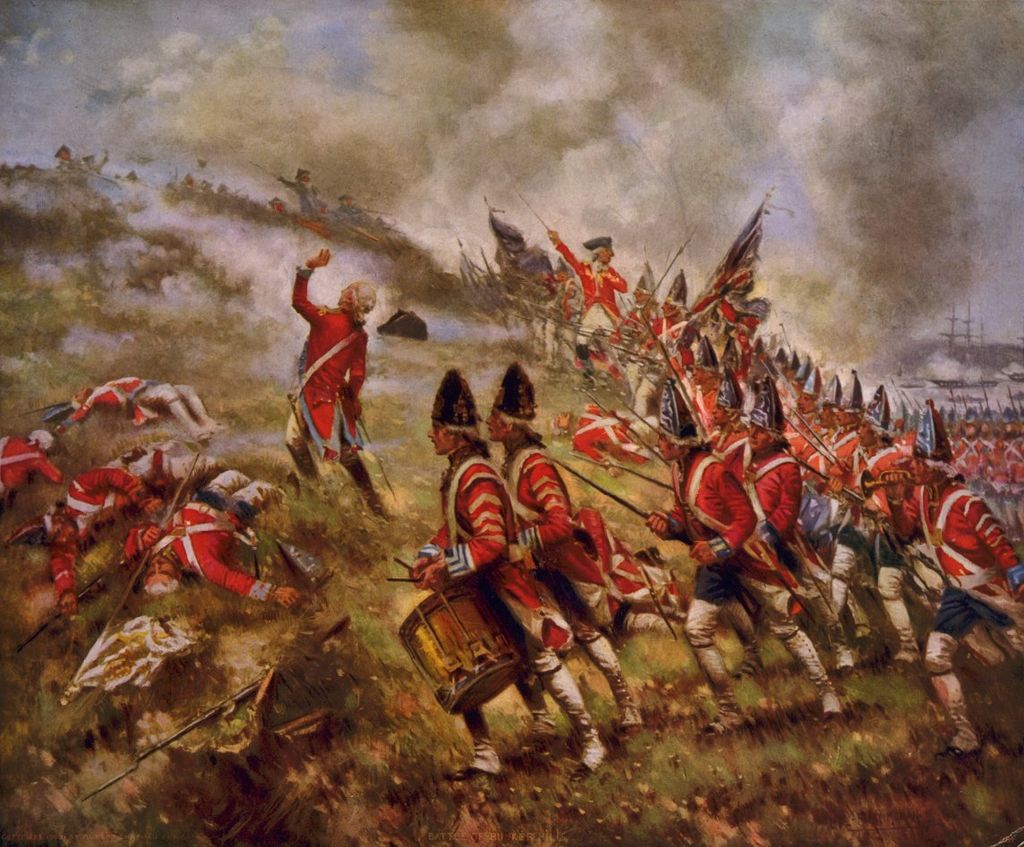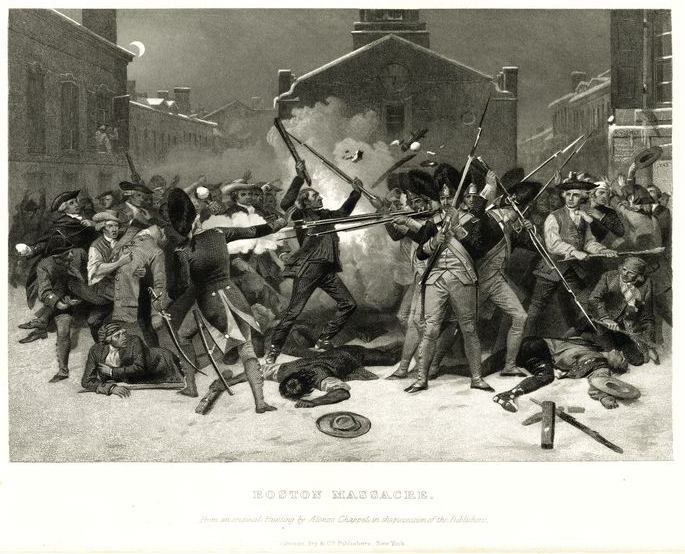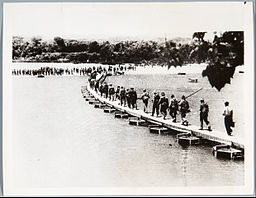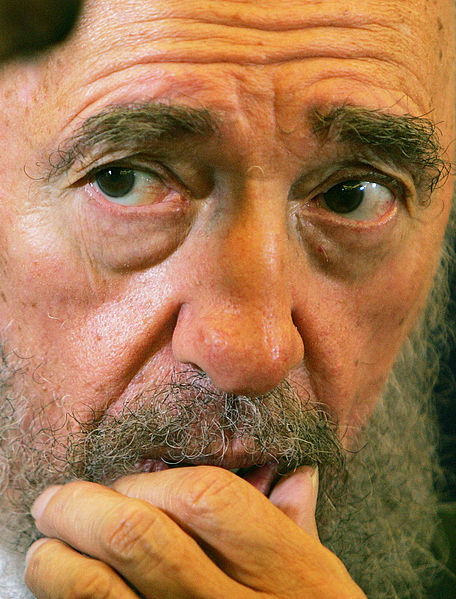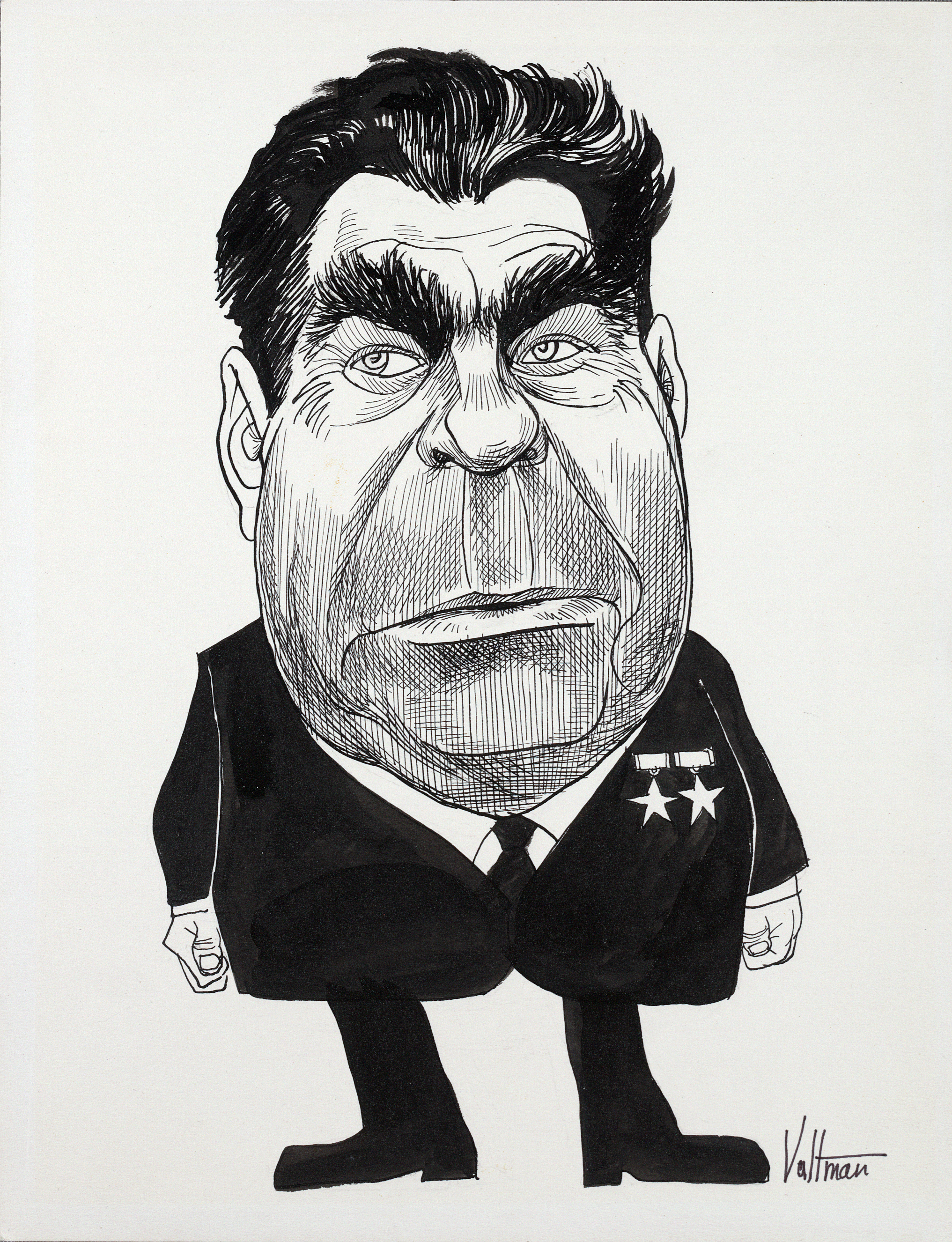How did Britain and the Thirteen Colonies come to the point of no return, leading to the start of the American Revolutionary War?
rss feed | iTunes | American Revolution page | Other listening options
The Battle of Bunker Hill by Percy Moran (1909)
In this episode we see what happened on the fateful day of April 19 1775 and understand how one single shot became so very important. We will also see what took place over the course of 1775 and a very famous declaration that took place in 1776, as well as the Battle of Bunker Hill, fighting in Canada, and the Battle of Long Island.
In short, we see how the war really broke out.
rss feed | iTunes | American Revolution page | Other listening options
Take care,
George Levrier-Jones
email: info@itshistorypodcasts.com
web: www.itshistorypodcasts.com
facebook: click here
twitter: click here

